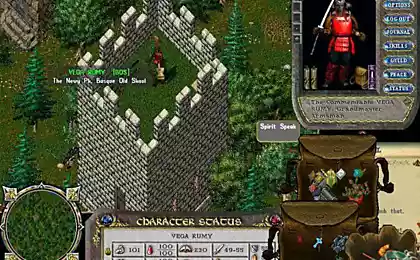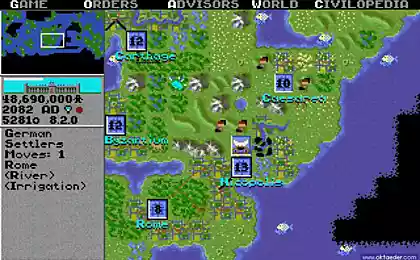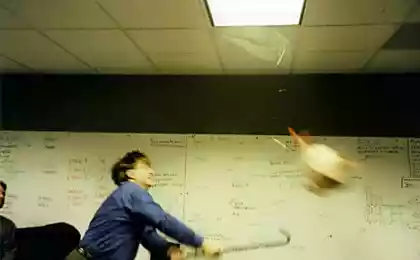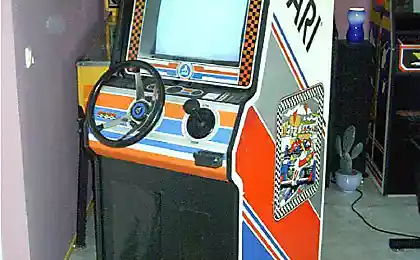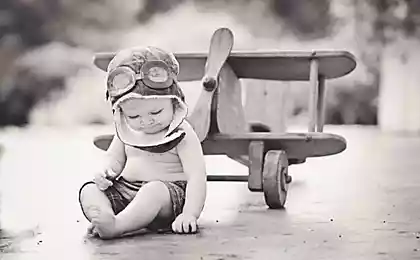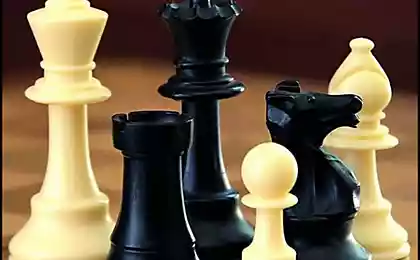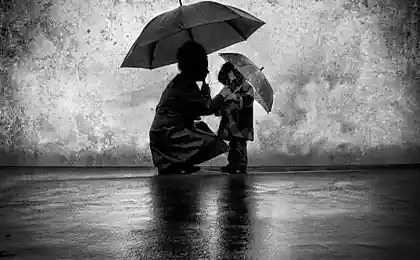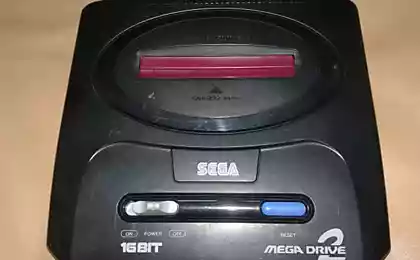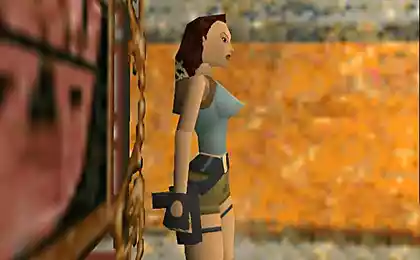234
Gordon Neufeld on the game
Gordon Neufeld’s new brochure, Keys to the Well-Being of Children and Adolescents.
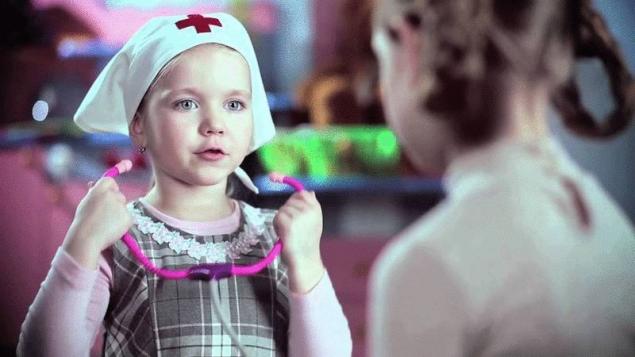
For children to grow up, they need to play.
Children have to play to grow up. Until recently, the game was considered meaningless, unproductive and insignificant. Developers have found that play is central to growth and maturation. All mammalian cubs play, and it turns out they need it for development.
It is important to understand what a real game is. We call a game many things that are not a game. Playing the piano can be a game, but it is often not. You can play sports games, but they are not a game more often. Most video games are not games. An activity can only be called a game if it is relatively independent of the outcome, different from reality, and expressive in nature. Play is an interlude in real life that has a beginning and an end. This is a part of life where actions and emotions are free from consequences, especially serious ones.
It turns out that this is where most of the growth happens, including even brain growth. Development requires a space free of consequences and precautions for progress. Fortunately, some teachers are beginning to understand this. We used to think that the brain develops in school. We now know that this game develops a brain that can then be used in school. Some progressive corporations today understand that much of the creative process takes place in the context of play, not work, and so ask their employees to find time during the workday to play.
The game in our society is at risk. It is replaced by television screens and continuous stimulation. It's also destroyed by our rush: society wants kids to move forward. Caring only about successes and outcomes and losing sight of where they come from, we send our children to school earlier and earlier to prepare them for what comes next.
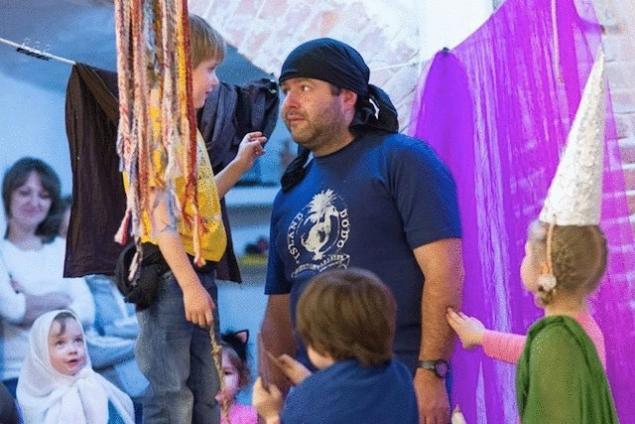
The game is also in danger because our society is unaware of its need for development. Children are motivated to work at an increasingly young age. We think we are teaching them reality by pointing out the consequences of their actions. It turns out that this is not how children learn, at least not until they have mixed feelings, the ability to which usually develops, as mentioned above, no earlier than 5-7 years.
Culture, if it has been untouched, tends to preserve the space of play. When culture is lost, the game tends to disappear. In addition, many modern parents no longer feel like a buffer between their children and society – they no longer take responsibility for creating the conditions for nature to take its course before society becomes the dominant force. The dictionary definition of a game is “freedom of movement in a confined space.” The limited space, of course, is the child’s attachment to adults. Freedom comes from rest, both from working on attachment and from the consequences that are inevitable in real life.
As for our children, the state is understandably concerned about the results. To keep a place for our children to play, we need a tremendous insight. We need statesmen and politicians who understand the importance of real play for children. Play is not an additional activity, it is a basic requirement for growth and development. published
Gordon Newfeld
Translation Irina Oneval
Translation editor Hope Shestakova
P.S. And remember, just by changing your consciousness – together we change the world!
Source: alpha-parenting.ru

For children to grow up, they need to play.
Children have to play to grow up. Until recently, the game was considered meaningless, unproductive and insignificant. Developers have found that play is central to growth and maturation. All mammalian cubs play, and it turns out they need it for development.
It is important to understand what a real game is. We call a game many things that are not a game. Playing the piano can be a game, but it is often not. You can play sports games, but they are not a game more often. Most video games are not games. An activity can only be called a game if it is relatively independent of the outcome, different from reality, and expressive in nature. Play is an interlude in real life that has a beginning and an end. This is a part of life where actions and emotions are free from consequences, especially serious ones.
It turns out that this is where most of the growth happens, including even brain growth. Development requires a space free of consequences and precautions for progress. Fortunately, some teachers are beginning to understand this. We used to think that the brain develops in school. We now know that this game develops a brain that can then be used in school. Some progressive corporations today understand that much of the creative process takes place in the context of play, not work, and so ask their employees to find time during the workday to play.
The game in our society is at risk. It is replaced by television screens and continuous stimulation. It's also destroyed by our rush: society wants kids to move forward. Caring only about successes and outcomes and losing sight of where they come from, we send our children to school earlier and earlier to prepare them for what comes next.

The game is also in danger because our society is unaware of its need for development. Children are motivated to work at an increasingly young age. We think we are teaching them reality by pointing out the consequences of their actions. It turns out that this is not how children learn, at least not until they have mixed feelings, the ability to which usually develops, as mentioned above, no earlier than 5-7 years.
Culture, if it has been untouched, tends to preserve the space of play. When culture is lost, the game tends to disappear. In addition, many modern parents no longer feel like a buffer between their children and society – they no longer take responsibility for creating the conditions for nature to take its course before society becomes the dominant force. The dictionary definition of a game is “freedom of movement in a confined space.” The limited space, of course, is the child’s attachment to adults. Freedom comes from rest, both from working on attachment and from the consequences that are inevitable in real life.
As for our children, the state is understandably concerned about the results. To keep a place for our children to play, we need a tremendous insight. We need statesmen and politicians who understand the importance of real play for children. Play is not an additional activity, it is a basic requirement for growth and development. published
Gordon Newfeld
Translation Irina Oneval
Translation editor Hope Shestakova
P.S. And remember, just by changing your consciousness – together we change the world!
Source: alpha-parenting.ru
What is the congruence, or harmful than good manners
Scientists create environmentally friendly processor of wood
